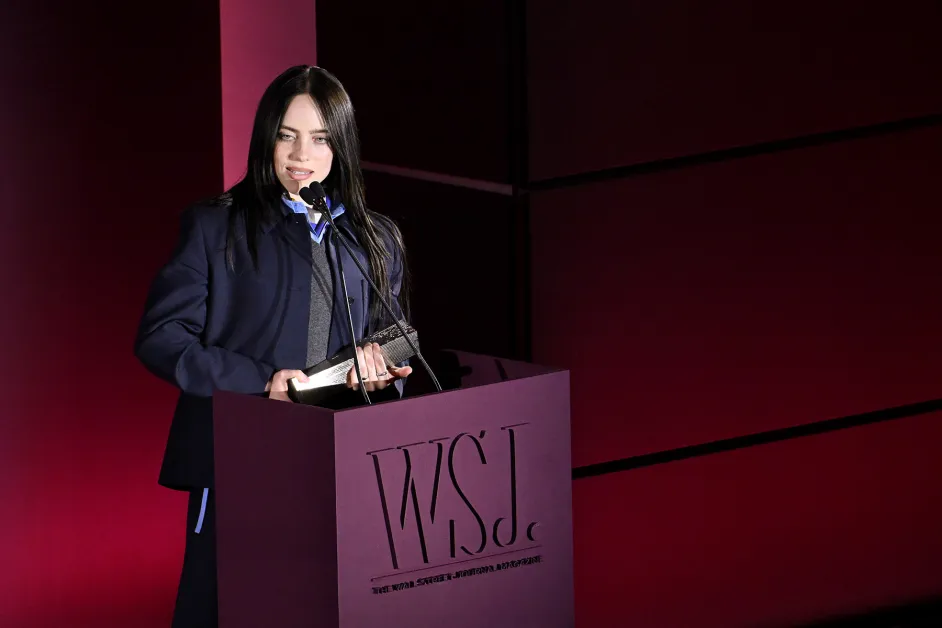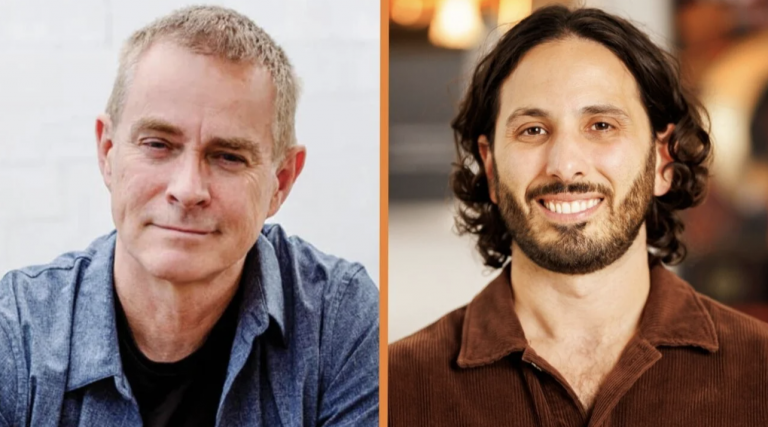
Elon Musk’s push toward the world’s first trillionaire milestone has reignited debate over extreme wealth. Meanwhile, pop star Billie Eilish has used her platform to demand that billionaires act more responsibly. She argues that massive fortunes should solve urgent global problems.
Immediate Reaction
News that a shareholder vote could award Musk up to $1 trillion in Tesla stock sparked immediate reactions. For example, Eilish reposted infographics showing how that money might end world hunger, rebuild Gaza, and protect endangered species. Then, on Nov. 13, she posted those panels to her Instagram Story and called Musk a “pathetic … coward.” Billboard reached out to Tesla for comment, but no response has been reported.
At the Wall Street Journal Innovator Awards on Oct. 29, Eilish voiced the same point more broadly. She asked, “If you are a billionaire, why are you a billionaire?” and added, “No hate, but give your money away, shorties.” Moreover, she backed her message with action: she pledged $11.5 million from her Hit Me Hard and Soft Tour to groups fighting environmental risks and hunger.
Wealth Versus Responsibility
This clash highlights a broader cultural question about wealth and responsibility. On one hand, Musk’s compensation package links payouts to long‑term corporate performance and shareholder approval. On the other hand, critics argue that the sheer scale of potential wealth creates moral obligations. Consequently, the debate centers on whether private fortunes should fund public crises or remain invested in business growth.
Furthermore, celebrities like Eilish shape public conversation by turning abstract sums into concrete possibilities. Her posts and donations pressure wealthy figures to consider immediate philanthropic steps. Additionally, her blunt language helps the issue reach people who might otherwise ignore corporate pay packages.
In short, the showdown between Musk’s possible trillionaire status and Eilish’s call to give away wealth sharpens public scrutiny of the ultra‑rich. Ultimately, the debate raises clear questions: do billionaires owe more to society; will compensation rules change behavior; and can private dollars solve global problems. Moreover, how leaders answer those questions will influence how people view extreme wealth going forward.








